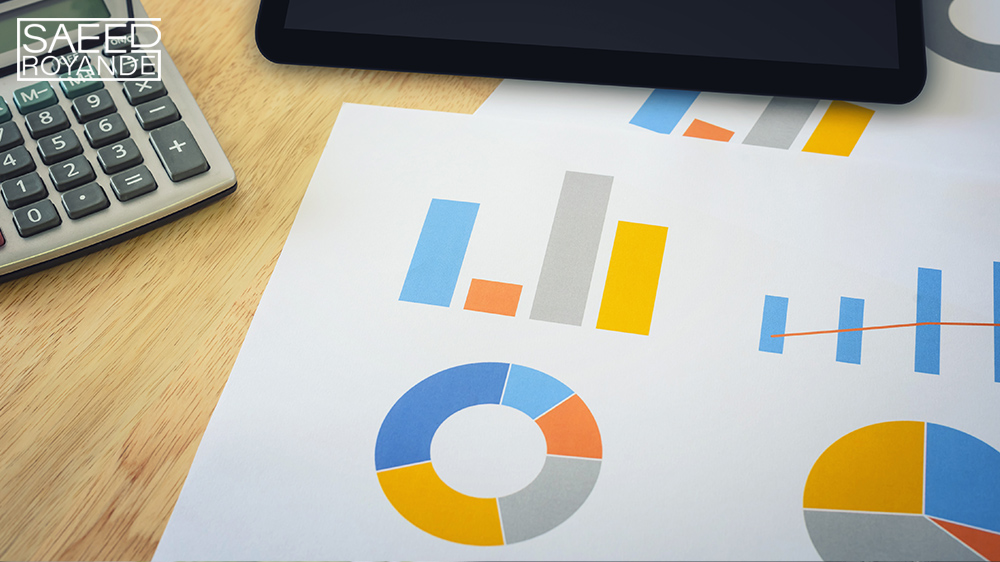Have you ever been curious about life in the information technology sector? E-commerce, cloud storage, AI, and blockchain are all examples of digital technologies that contribute to the digital economy. It’s changing the way companies function, customers engage with one another, and wealth is generated and distributed. Working in the digital economy can provide numerous advantages, however, it is not without difficulties.
What is The Digital Economy?
The term “digital economy” refers to the value created by the global network of individuals, organizations, technologies, data, and processes that are connected online daily. It hinges on the replacement of analog, paper-based economic processes with digital, online ones. Increasing the efficiency of businesses across all industries, ICT is a driving force behind the digital economy. Digital economies include things like online shopping, cloud storage, AI, and blockchain technology. The digital economy has various advantages, including adaptability, originality, innovation, and expansion. However, it is not without its difficulties, such as rivalry, complexity, unpredictability, and shifts in the status quo.

Financial chart with calculator and digital tablet
How the Digital Economy is Transforming Business?
Multiple aspects of commerce are being altered by the rise of the digital economy.
- Customer Experience: Customers want to deal with companies how, when, and where it’s most convenient for them. By allowing for individualized, frictionless, and omnichannel service, digital technologies help organizations boost customer loyalty and happiness.
- Internet of Things: Changes in the digital economy are being propelled by the IoT. It allows machines, cars, appliances, and sensors to connect to the internet and share data and instructions. Using IoT, organizations may streamline their processes, boost productivity, increase quality, and develop innovative goods and services.
- Digital Supply Network: The way businesses function is changing as a result of digital supply networks. They connect the full value chain’s data and information flows, from producers to consumers. They allow companies to be more open, flexible, collaborative, and innovative.
The Benefits of Working in The Digital Economy
There are several advantages to working in the digital economy.
- Extended Reach: in today’s digital economy, people and companies have no limits on the size of their potential customer base. More development potential and access to new markets.
- More Data for Everyone: Better decision-making and customer interactions are made possible by greater access to data generated by the digital economy.
- Efficiency Gains: Companies can save time and money by automating and digitizing previously manual processes.
- Flexibility: The digital economy provides greater flexibility in terms of work arrangements. Businesses can automate procedures, cut expenses, and increase productivity. People now have the option to work remotely, whether it be from their own homes or elsewhere.
- Innovation: The digital economy encourages innovation since it makes it possible to launch novel goods, services, and organizational structures. It’s a great catalyst for innovation.

Businesswoman use a digital tablet
The Challenges of Working in The Digital Economy
There are drawbacks to working in the digital economy, such as:
- Competition: The digital economy is extremely competitive and fast-paced. Keeping up with customers’ needs, the market, and new technologies requires ongoing adaptation on the part of workers and enterprises. They also have to contend with new competitors, like online platforms and freelancers.
- Complexity: The digital economy is intricate and interdependent. Companies and their employees must process massive amounts of information and data. They must also work together with a wide range of culturally and geographically distinct groups.
- Uncertainty: The digital economy is volatile and difficult to forecast. Employees and companies alike must learn to adapt to constant upheaval. Moreover, they must look ahead to potential developments, openings, and dangers.
- Change: The digital economy is always developing and shifting. Workers and companies alike will need to upskill, adapt, and create novel products, services, and business processes to survive. In addition, they need to view change more as an opportunity than a danger.
Entrepreneurs in the Digital Economy Era
To create, improve, and expand upon new products, services, and business models in today’s digital economy, one must think like a new entrepreneur. To address issues, satisfy customers’ demands, and create value, they make use of data, networks, and platforms. Competition, complexity, ambiguity, and change are just some of the many obstacles they must overcome. Entrepreneurs in the modern, Internet-driven economy include:
- Jack Dorsey is the CEO of both Twitter and Square and co-founded the companies. He developed two thriving online systems that facilitate online social interaction and mobile payment processing.
- Airbnb’s co-founder and current CEO is Brian Chesky. He changed the way people find and book lodging by launching a peer-to-peer marketplace.
- OYO’s founder and current CEO, Ritesh Agarwal. Through the implementation of technological standardization and improvement, he revolutionized India’s low-cost hotel industry.
- Showpo’s creator and current CEO, Jane Lu. She created a web-based clothing store that targets young women all around the world.
- Elon Musk, who started both Tesla and SpaceX. To transform travel and space travel, he created the first practical electric automobiles and reusable rockets.

Businessman using smart devices for digital technology
The Skills and Competencies Needed for The Digital Economy Jobs
Jobs in the digital economy require a wide range of different talents, and these requirements are always changing. These are the OECD-recognized ones:
- Expertise in relevant fields, such as information and communications technology (ICT) for employees who foster innovation and maintain digital infrastructures and ecosystems.
- The capacity to use and comprehend digital technology and data is an example of what is meant by “ICT generic skills,” which apply to both workers and people.
- To take advantage of the growing number of ICT-enabled collaborative work opportunities, it’s important to have the “soft” skills (such as leadership, communication, and cooperation) that complement ICT.
- General Internet-related skills like being able to find what you’re looking for, using email and IM, navigating company-related websites, and understanding how digital financial services function.
- Competencies in the use of own mind, including the ability to learn and grow, to lead others, to be creative and critical, and to effectively manage and use one’s creation.
- Competencies in social conduct and communication, including the ability to interact effectively across disciplines and cultures, as well as with technology.
Business Coaching in Digital Economy
Entrepreneurs can benefit from business coaching in the digital economy by learning how to develop, improve, and scale their offerings with the aid of data and digital tools. It entails assisting business owners in many ways to improve their operations in the modern digital era, such as:
- Formulating a plan and a vision for digital initiatives
- Locating and penetrating online markets and possibilities
- adopting and deploying digital resources
- Developing and enhancing digital abilities
- Creating a more digital mindset
- Dealing with the perils of the digital age


